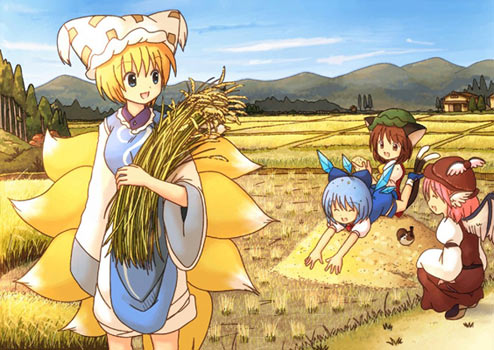You wouldn’t think a simple word like “friend” could be a potentially complex linguistic concept, but in Japan you might be surprised. In English, we use the word to denote any person we’re genuinely friendly with, while sometimes extending it to casual acquaintances as well as using the word (perhaps in quotes as “friend”) as a euphemism for someone we’re dating. The word for friend in Japanese is tomodachi, and it has a more “close” feel to it than the English word, never used as a throwaway term for someone you only know casually. Tomodachi in school years are almost always the same age; otherwise you’d use the term senpai or kouhai (upperclassman/lowerclassman), which adds an invisible layer of politeness that makes it difficult to become true friends. One interesting concept is the word osana-najimi (o-SAH-NAH NAH-jee-mee), meaning childhood friend, someone you’ve been close to ever since you were children, and it carries unique connotations of knowing the person as well as you know yourself. In the anime Ano Natsu de Matteru, aka Waiting in the Summer, there are many unrequited loves, with Tetsuro in love with his childhood friend Kanna, who loves a guy named Kaito, who loves a glasses-wearing alien named Kazami Ichika, and so on. Because Tetsuro and Kanna have known each other all their lives, they’re more like cousins than potential dating partners, which makes it hard for Tetsuro to get Kanna to see him as a man. Childhood friends are a fixture in eroge too — the Japanese title of our popular recent game release translates as My Childhood Friend is the President.

A childhood friend knows you better than you know yourself.















